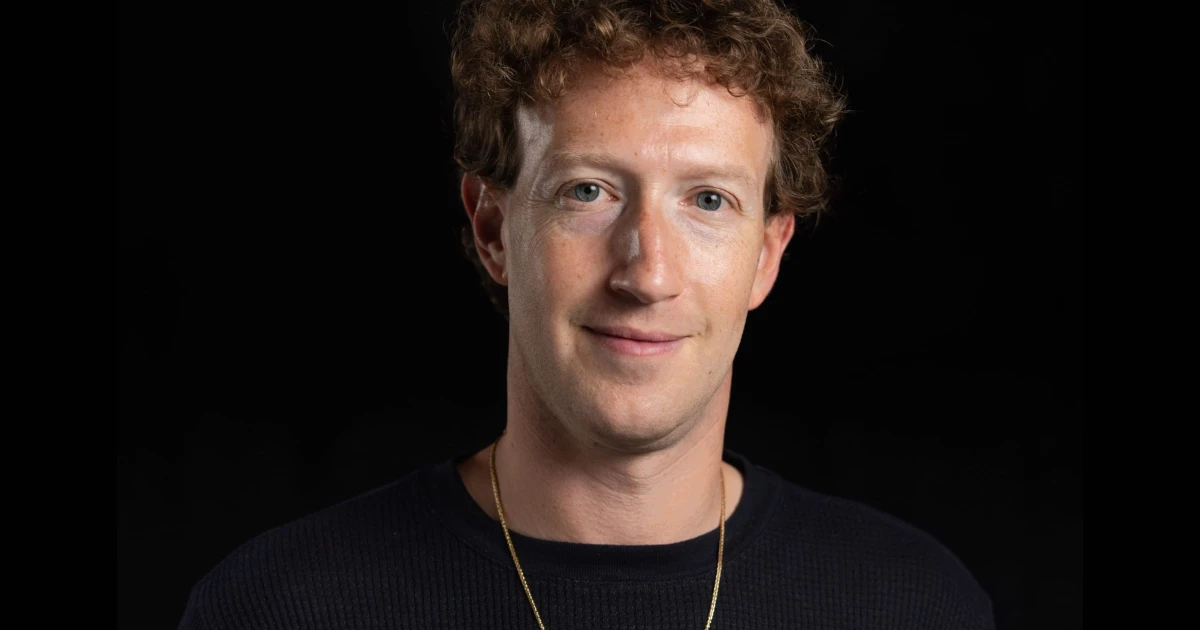It is also worth mentioning that Meta’s goal has previously been to create OpenAI models that were as good or even better than closed models. In 2024, Zuckerberg wrote in a letter, “Starting next year, we expect future Llama models to become the most advanced in the industry.”
However, a year later, he said in a podcast, “If at some point, however, there’s some qualitative change in what the thing is capable of, and we feel like it’s not responsible to open source it, then we won’t,”.
While many say that Llama does not fot the strict definition of open source AI, mainly because Meta has not released its massive training datasets, Zuckerberg’s words point to a possible change in priority. Meaning, open source might no longer be the default for Meta’s cutting-edge AI.
There is a reason why Meta’s rivals keep theri models closed. The closed model gives companies better control over the monitoring of their products. Last year, Zuckerberg also pointed out that Meta’s business is not reliant on selling access to AI models, so “realising Llama doesn’t undercut our revenue, sustainability, or ability to invest in research like it does for closed providers.”.
Still, the mentioned viewpoint on open models was before Meta started to feel like it was falling behind competitors, and executives became obsessed with overcoming OpenAI’s GPT-4 model while developing Llama3.
Zuckerberg's mission for introducing “personal superintelligence” to the world — a decided shift from the rivals he says are working on “automating all valuable work.”, his AI monetization strategy is taking shape. It’s clear from Zuckerberg’s words today that Meta plans to deliver “personal superintelligence” through its own products like augmented reality glasses and virtual reality headsets.
“Personal devices like glasses that understand our context because they can see what we see, hear what we hear, and interact with us throughout the day will become our primary computing devices,” Zuckerberg also wrote in Wednesday’s letter.
When asked about Meta potentially keeping its most advanced models closed, one of Meta's spokespersons said that the company remains committed to open-source AI and said it also expects to train closed-source models in the future.
“Our position on open source AI is unchanged,” a spokesperson said. “We plan to continue releasing leading open source models. We haven’t released everything we’ve developed historically, and we expect to continue training a mix of open and closed models going forward.”, reported TechCrunch.
















